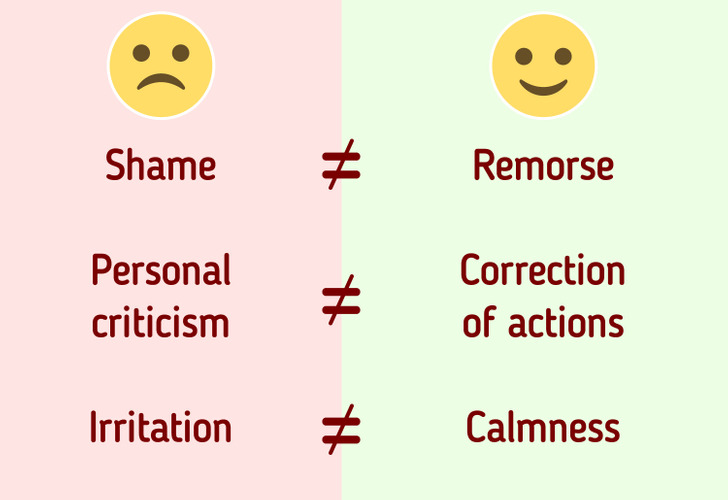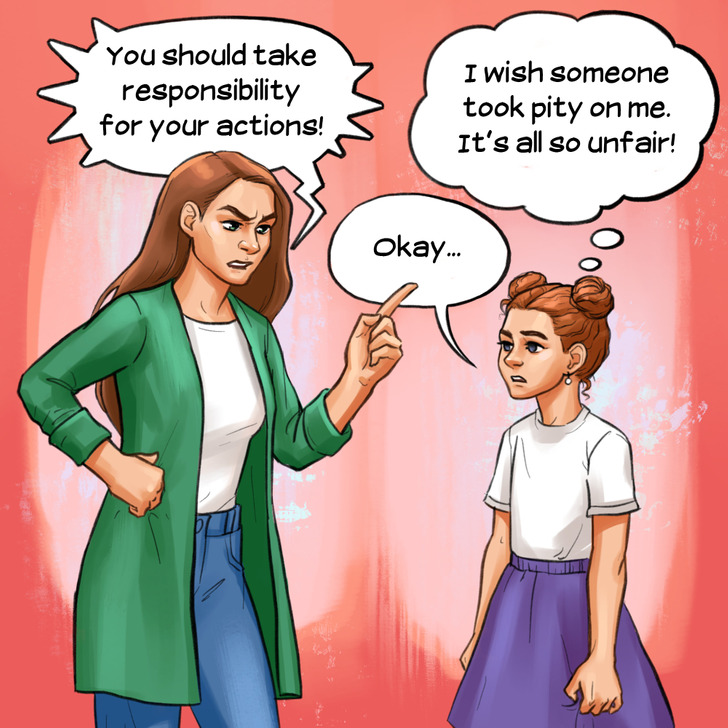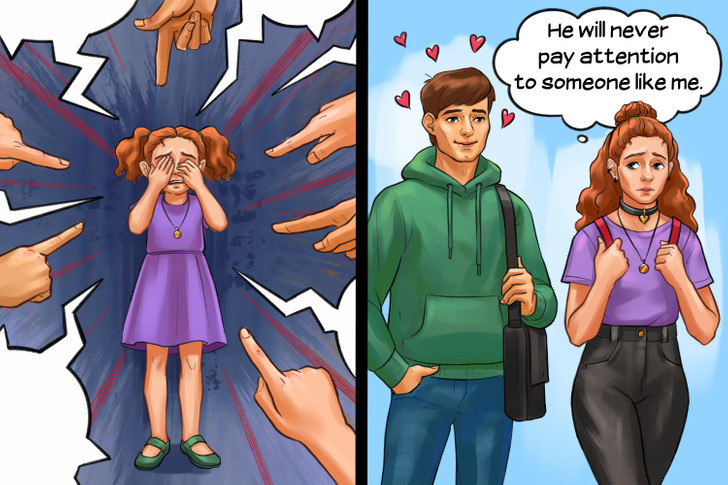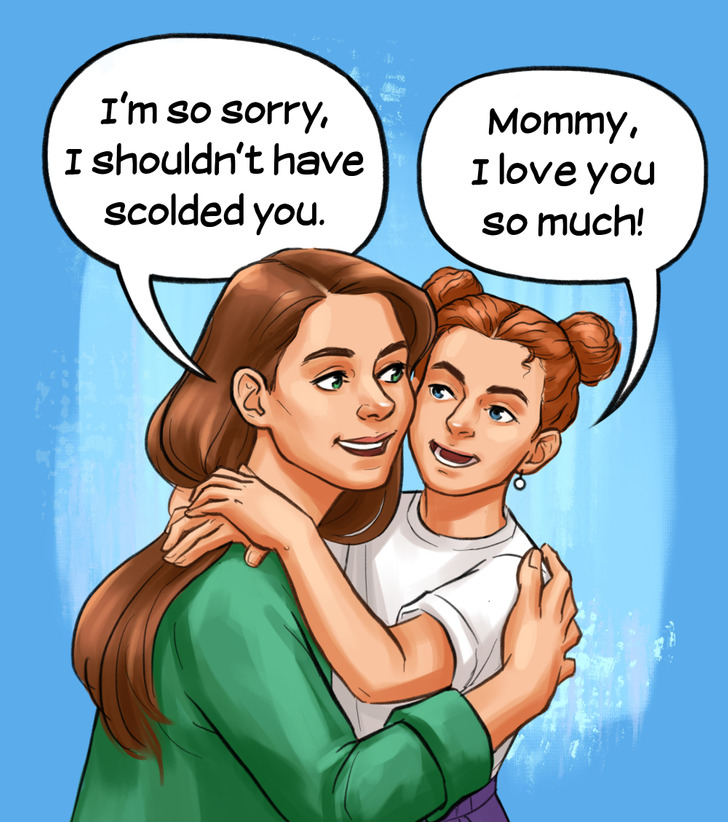How Criticism Can Affect Your Child’s Future
Parents often criticize their children. And they often do it with good intent hoping that their criticism will help them avoid mistakes in the future or change their behavior. Most moms and dads want their children to be happy but grumble at them again and again without noticing if their children do something right. But what role does criticism play in a child’s upbringing?
At 5-Minute Crafts, we decided to find out whether it’s worth criticizing your children, how this can affect their future and what the best way is for you to react to your child’s outrageous behavior.
What is criticism?

This is the expression of disapproval from someone or something based on perceived flaws or mistakes. Moreover, this approach not only draws attention to a committed mistake, but also implies that the problem is not only in the person’s actions, but also the person themselves (they are “being bad”).
What is a child really thinking when they’re criticized?

When you scold your child angrily, they immediately stop thinking about their mistakes and focus on your attitude toward them and on how unfair you are toward them. As a result, the child develops a mindset of victimhood, not personal accountability.
Now imagine how pointless it is to scold a child for irresponsibility if, by doing this, you unintentionally reduce their ability to behave “like an adult” and take responsibility for their own actions.
The main result of criticism is the desire to reduce this very criticism to a minimum. Sometimes a child actually begins to behave better to avoid criticism, but this can lead to secrecy and lies.
Can criticism help in a child’s upbringing?

Children always take criticism to heart. They can’t react to criticism like adults do, perceive it with irony, and move on. Some words may remain in the child’s memory for good and even lead to psychological trauma.
Besides, criticism often causes a feeling of shame, meaning that an adult’s intention to educate a child will not be effective. Remorse helps you recognize mistakes and makes you want to do things right. Meanwhile, the feeling of shame is much stronger, it makes a person feel like they are flawed, and that nothing can be changed.
How can criticism affect a child’s personality in the future?

- Scientists found that children who are often criticized are less able to recognize emotion on the faces of others. This is due to the fact that people tend to use the avoidance technique in order to exclude factors that cause discomfort and unpleasant feelings in their life. This is why the children of critical parents subconsciously try not to read the facial expressions of other people: they are afraid to see the expressions of a critical attitude. As a result, they often don’t see positive emotions either.
- Constant criticism inevitably destroys the trusting relationship between an adult and a child. In order for the relationship to become stronger, a child must know that they are surrounded by unconditional love and that they can make a mistake and still have you by their side.
- A child’s inner monologue echoes what their parents regularly said to them. A child who was constantly criticized learns to judge themselves. They become insecure and don’t even try to achieve their goals sometimes because they think it won’t work out anyway. So, instead of criticism, support and focusing on positive things works much better.
How to avoid criticism?

- Remember that children rarely behave badly in spite of their parents. Most likely, the reason is that they feel tired, anxious, insecure, or hurt.
- Avoid labels. When making comments, don’t label your child, but talk about their actions.
- Be calm while talking about your child’s actions.
- Discuss problems respectfully but firmly.
- Set an example, never do anything you would scold your child for.
- Give short and clear statements, and avoid long lecturing.
- Even if you have said too much and succumbed to emotions, don’t forget to talk about it and apologize sincerely.
- Remember that all parents make mistakes, sometimes without knowing it, while having only the best intentions in mind. These mistakes can have serious consequences, but they can be corrected with love, care, support, and warmth.